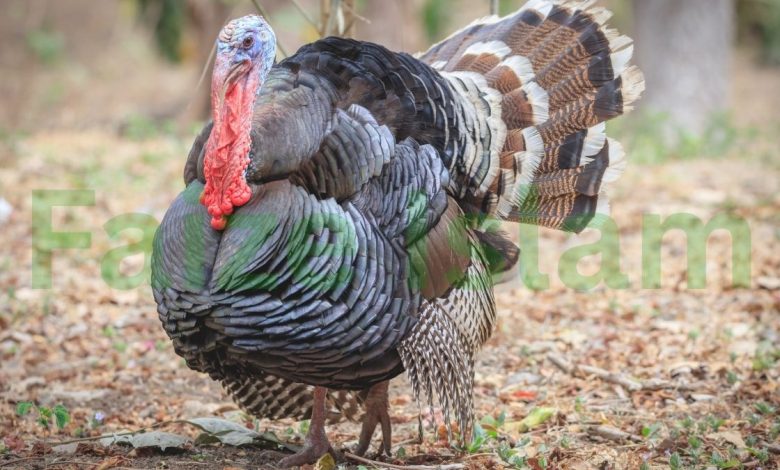Is Turkey Halal in Islam?

In Islam, dietary laws are taken seriously, and the permissibility of eating different types of animals is outlined clearly in various Islamic texts. One common question that arises is whether turkey (the bird) is halal or permissible for Muslims to consume. The answer depends on the classification of the turkey within Islamic jurisprudence.
Understanding the Turkey (Turkey Bird) in Islamic Jurisprudence
In the context of Islamic dietary rules, the term turkey refers to the large bird known as the Meleagris gallopavo, often raised for its meat. This bird is considered a type of domestic poultry and is classified within the broader category of dajjāj (domestic fowl), which includes chickens. According to Islamic law, dajjāj and similar types of birds are considered halal, meaning they are permissible to eat.
The key principle in determining whether an animal is halal or not in Islam is whether it falls into the category of halal (permissible) animals, which typically are those that do not have traits of carnivorous or predatory animals. Since turkeys are herbivorous (eating grains and seeds) and do not have claws for hunting prey, they are classified as permissible to consume.
Scholarly Opinions on Halal Poultry
In the classical Islamic text Badā’i‘ al-Ṣanā’i‘ fī Tartīb al-Sharā’i‘ (a well-known text on Islamic jurisprudence), the discussion on halal and haram animals states:
Animals are essentially of two types: (1) beasts of prey, and (2) birds. A bird is defined as any creature with talons (sharp claws) or a beak that hunts other creatures. The well-known hadith of the Prophet Muhammad صلی اللّٰہ علیہ و سلم prohibits the consumption of any creature with talons or any predator with sharp teeth. Examples of prohibited animals include lions, wolves, tigers, and other such creatures. However, the ḍab‘ (hyena) is an exception according to the Shafi‘i school, where it is considered permissible to eat.
The text also highlights that non-predatory birds, such as domestic poultry like chickens, ducks, and pigeons, are considered halal for consumption. It also clarifies that any bird that eats grain and does not have predatory characteristics is halal, including turkeys, which fall under this category.
The Ruling on Turkey Meat
As per the established Islamic law, since the turkey is a type of dajjāj (chicken family), it is halal to eat. It is permissible to consume turkey meat, trade it, and cook it, as there are no objections to its permissibility in the major schools of Islamic thought.
The Ḥanafī school, as explained in the Al-Hindīyah (another key text of Islamic jurisprudence), supports the permissibility of eating domestic birds, including turkeys. The ruling is clear: the meat of such birds is halal if slaughtered according to Islamic guidelines.
Conclusion
To summarize, turkey, as a type of poultry, is completely permissible (halal) for Muslims to consume. Its meat is not forbidden, and there is no valid basis for claims that it is haram (forbidden). Those who say turkey is haram are mistaken, as it falls under the category of permissible poultry. The consumption of turkey meat, as long as it is slaughtered in accordance with Islamic rules, is entirely acceptable in Islam.
FAQs
Is it permissible to eat turkey in Islam?
Yes, turkey is halal in Islam because it is a type of poultry and does not fall under the category of predatory animals.
Are there any exceptions regarding the consumption of turkey meat?
No, there are no exceptions. Turkey meat is considered halal as long as it is slaughtered according to Islamic guidelines.
What makes an animal halal or haram in Islam?
In general, animals that are herbivores and not predators are halal, provided they are slaughtered according to Islamic law (Zabiha).
Are there any differences in opinions about eating turkey among Islamic scholars?
No, the majority of scholars agree that turkey is halal, as it is a domesticated bird and falls under the permissible category of poultry.

